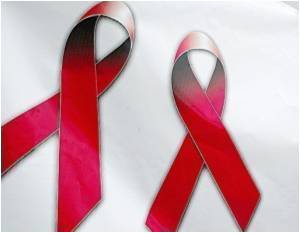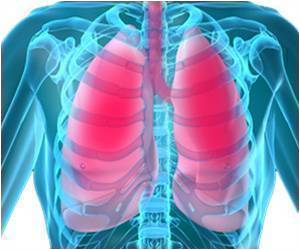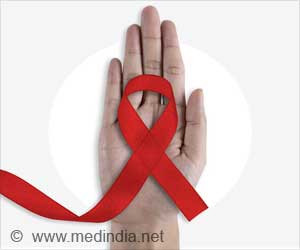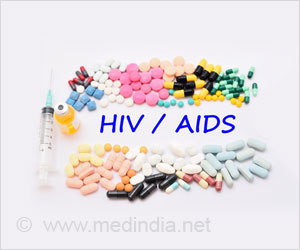In Ontario around 25 percent of new HIV infections are seen among women, reveals health study by researchers.

The POWER Study — a joint study from St. Michael's Hospital and ICES — is the first in the province to provide a comprehensive overview of women's health in relation to income, education, ethnicity and geography. The findings are detailed in the report titled HIV Infection-the 11th chapter to be released as part of the study. Findings can be used by policymakers and health-care providers to improve access, quality and outcomes of care for Ontario women. The POWER Study was funded by Echo: Improving Women's Health in Ontario, an agency of the Ontario Ministry of Health and Long-Term Care.
"The POWER Study HIV Infection chapter reveals important gaps in prevention, access and clinical care," says Pat Campbell, CEO, Echo: Improving Women's Health in Ontario. "Findings support the need for strategies to promote HIV prevention and testing directed at hard to reach groups. We also need to improve access to care for women aged 55 and older to ensure earlier diagnosis and/or earlier entry to care. At the same time findings are helping to track improvements in care, evident in the high prenatal HIV screening rate (95%)."
The POWER study chapter, released today, examined the impact of HIV infection on Ontarians. Key findings include:
- More than 4,700 women are living with HIV in Ontario, most of whom acquired HIV through sexual contact. This represents 18% of the estimated HIV infections in the province. Advertisements
- Women who emigrated from a country where HIV is endemic account for more than half of all new infections in 2008 among women.
- Women reported lower rates of condom use than men. Advertisements
- Women who inject drugs report riskier injection behaviours than men.
- One third of users of community based HIV services are women
- Over 90% of HIV-positive pregnant women who knew their HIV status received antiretrovirals during pregnancy, which could prevent transmission to the newborn.
Source-Eurekalert















